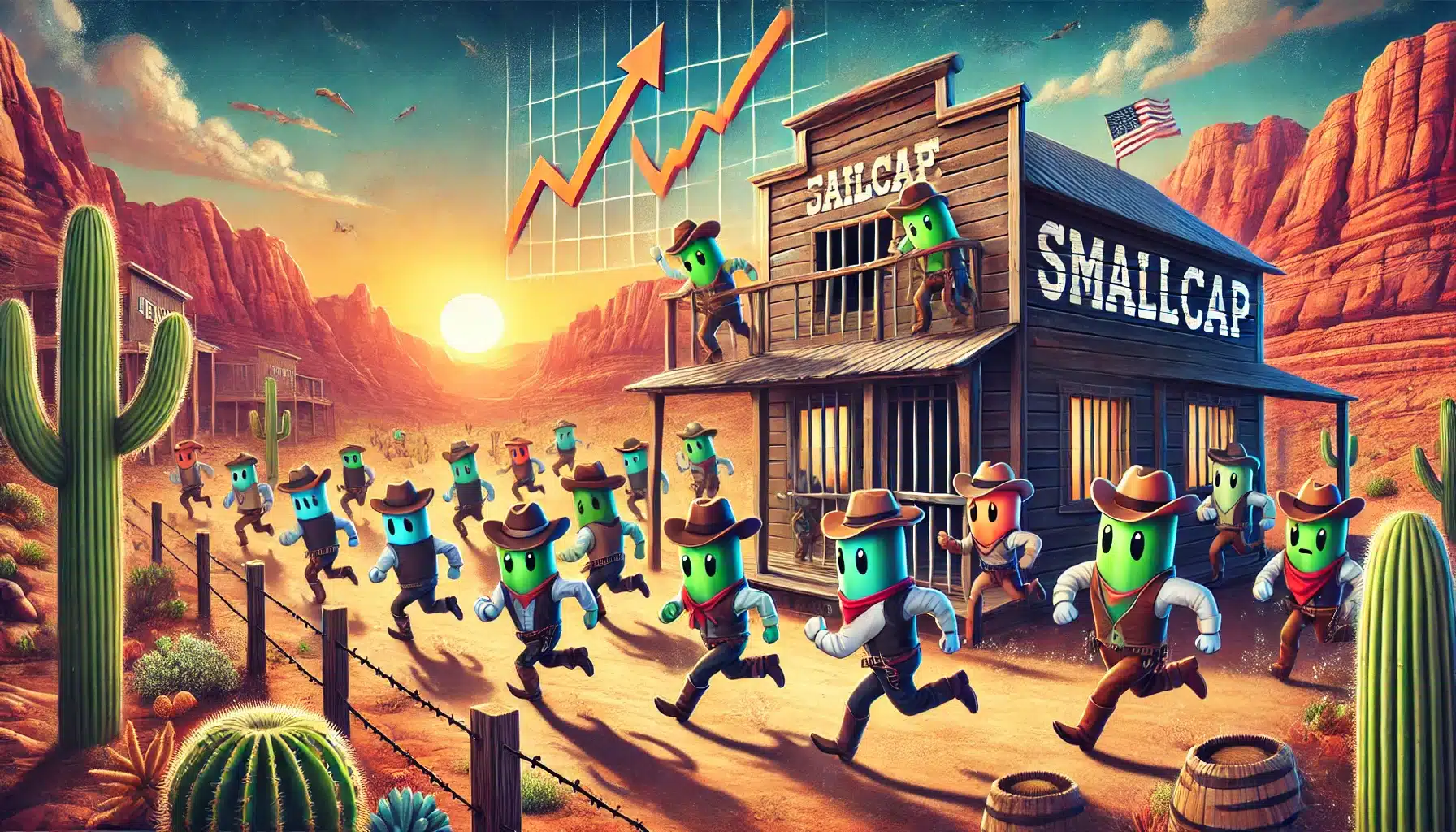
 Cantor Fitzgerald Canada analyst Ralph Garcea sees value in the Canadian online gaming sector, whose footprint has fast become worldwide in scope. The analyst has “Buy” ratings on names such as Amaya (Amaya Stock Quote, Chart, News: TSX:AYA) (the owner of the PokerStars and Full Tilt Poker), Intertain Group (Intertain Group Stock Quote, Chart, News: TSX:IT), Innova Gaming (Innova Gaming Stock Quote, Chart, News: TSX:IGG), and NYX Gaming (NYX Gaming Stock Quote, Chart, News: TSXV:NYX).
Cantor Fitzgerald Canada analyst Ralph Garcea sees value in the Canadian online gaming sector, whose footprint has fast become worldwide in scope. The analyst has “Buy” ratings on names such as Amaya (Amaya Stock Quote, Chart, News: TSX:AYA) (the owner of the PokerStars and Full Tilt Poker), Intertain Group (Intertain Group Stock Quote, Chart, News: TSX:IT), Innova Gaming (Innova Gaming Stock Quote, Chart, News: TSX:IGG), and NYX Gaming (NYX Gaming Stock Quote, Chart, News: TSXV:NYX).
But Garcea thinks it is unfortunate for online gamers and for the state of California that lawmakers there have dragged their feet on the passing of an online gaming bill. He notes that New Jersey, which recently moved to allow online gaming, had a banner month in the typically slow July, with Internet Gross Internet Gaming Revenue up sharply.
Garcea says that with about a million online poker players in California the market is estimated to be worth more than $400-million, with a proposed 10 per cent tax on the table. He believes the state is missing out on a tax windfall that other states have jumped on.
“With California’s 2016 legislature session coming to a close on August 31, 2016, PokerStars will have to wait, unfortunately, until next year to see if the state will bring legalized and regulated poker to the state’s many users,” says the analyst. “This marks yet another legislative session where an online poker bill has not been voted on – no online poker bill has ever been voted on by the full Assembly. While California still tries to make up its decade-old mind, Nevada, New Jersey and Delaware all have legalized and regulated online gambling – with New York, Pennsylvania and Michigan moving along the process.”
Garcea notes that for Amaya, California probably isn’t in the cards in the short term. Various reports suggest the company faces a “bad actor” penalty for operating in the state illegally before Amaya took control of the company in 2014.
“PokerStars was cause of much debate regarding bill AB 2863, initially being suggested to be in the ‘penalty box’ for five years, after which time they would be allowed to enter the market upon payment of a US$60M fee,” says Garcea. “There was also a last minute suggestions of freezing PokerStars indefinitely from the state’s online poker market. What’s complicating matters in such a tribal dominated state is that some tribes are on PokerStars’ side and others against it,” notes Garcea, referring to a coalition that includes Amaya, the Morongo Band of Mission Indians and the San Manuel Band of Mission Indians.”
In an August 8 research update to investors, Garcea said he felt the Canadian online gaming sector was cheap when compared to its international peers, trading at what he felt was a 35 per cent discount.
Despite a price target cut after its recent second quarter results, Garcea has a “Buy” rating on Amaya and his recently lowered target price of (C) $40,00 (U.S) $30.80 implied a return of 89 per cent at the time of publication of his most recent update to investors.
Garcea thinks Amaya will post Adjusted EBITDA of $496.3-million on revenue of $1.156-billion in fiscal 2016, numbers he expects will climb to Adjusted EBITDA of $575.7-million on revenue of $1.338-billion the following year.
Comment
One thought on “California missed an opportunity by not passing online gaming bill, says Cantor Fitzgerald”
Leave a Reply
You must be logged in to post a comment.






 Share
Share Tweet
Tweet Share
Share




Prohibition of this kind is un-American, anti-American, and unwarranted. Correction is years overdue already. PokerStars should be allowed immediate entry with no “bad actor” nonsense, which is clearly only about money, competition and market share. This continued quagmire of inaction in California is deplorable and bad for the country.